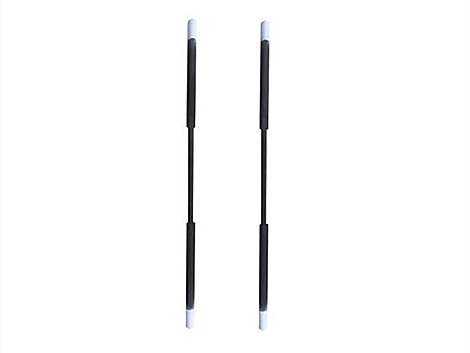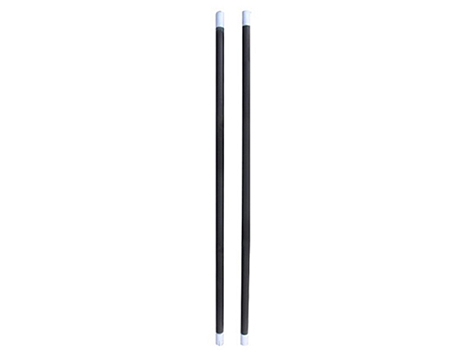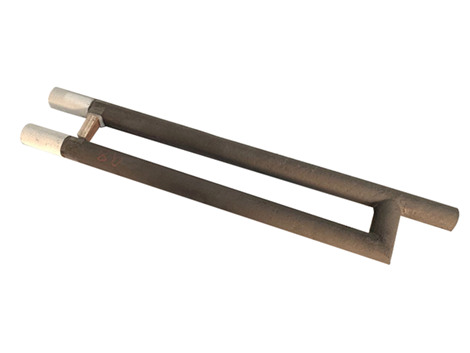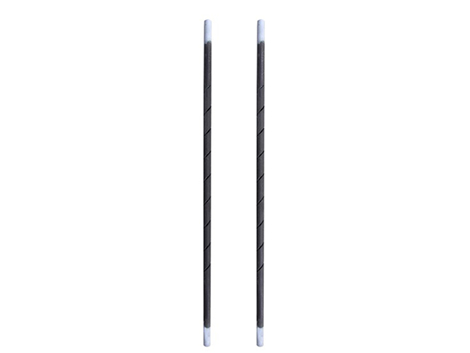Silicon carbon rods, known for their robustness and efficiency, play a pivotal role in various industrial heating processes. These rods, composed of high-quality silicon carbide, exhibit remarkable thermal conductivity and resistance, making them indispensable in industries reliant on high-temperature operations.
Superior Heating Performance
Silicon carbon rods are revered for their exceptional heating capabilities. Their ability to withstand extreme temperatures, often exceeding 1500 degrees Celsius, makes them an ideal choice for industrial furnaces, kilns, and heating systems. These rods efficiently convert electrical energy into heat, ensuring consistent and uniform heating, thereby optimizing operational efficiency in diverse manufacturing settings.
Versatile Applications
The versatility of silicon carbon rods is evident in their extensive applications across industries. From glass and ceramics production to metallurgy, semiconductor manufacturing, and even in laboratory equipment, these rods provide reliable and precise heating solutions. Their adaptability to varying environments and resistance to chemical reactions make them a preferred choice across multiple sectors.
Quality Assurance and Durability
Quality control is paramount in the production of silicon carbon rods. Rigorous testing and adherence to industry standards guarantee their durability and performance. Manufacturers subject these rods to stringent quality checks to ensure they meet the demanding requirements of industrial operations, assuring longevity and consistent functionality.
Environmental and Cost Efficiency
The eco-friendly nature of silicon carbon rods is another significant aspect. Their energy efficiency, minimal environmental impact, and longevity contribute to reduced operational costs and energy consumption. By facilitating efficient heat transfer, these rods aid in decreasing production time and overall energy usage, aligning with sustainable industrial practices.
In conclusion, silicon carbon rods stand as a testament to innovation in industrial heating solutions. Their exceptional thermal properties, versatility, durability, and eco-friendly characteristics make them indispensable assets across a myriad of industrial applications.



